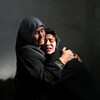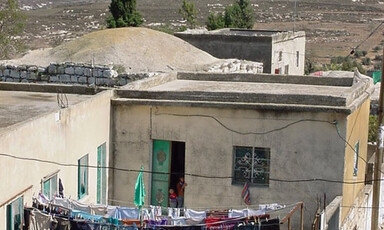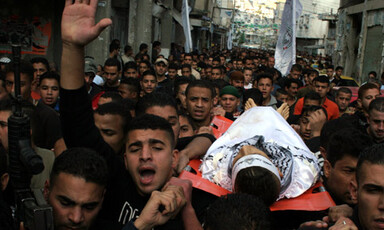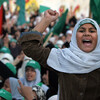
Death toll hits 34 in Beit Hanoun; 5 killed in assassinations elsewhere in Gaza
4 November 2006
For the fourth consecutive day, Israeli Occupation Forces (IOF) continue their land incursion on the town of Beit Hanoun in the north of the Gaza Strip. This attack comes as part of an IOF operation codenamed “Autumn Clouds.” The number of victims has increased to 34 killed, including 21 civilians that include seven children, two women, and two paramedics. The injured number 150, most of them unarmed civilians, including approximately 40 women, 40 children, one paramedic, and one journalist. Read more about Death toll hits 34 in Beit Hanoun; 5 killed in assassinations elsewhere in Gaza








